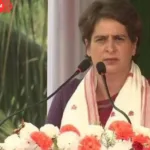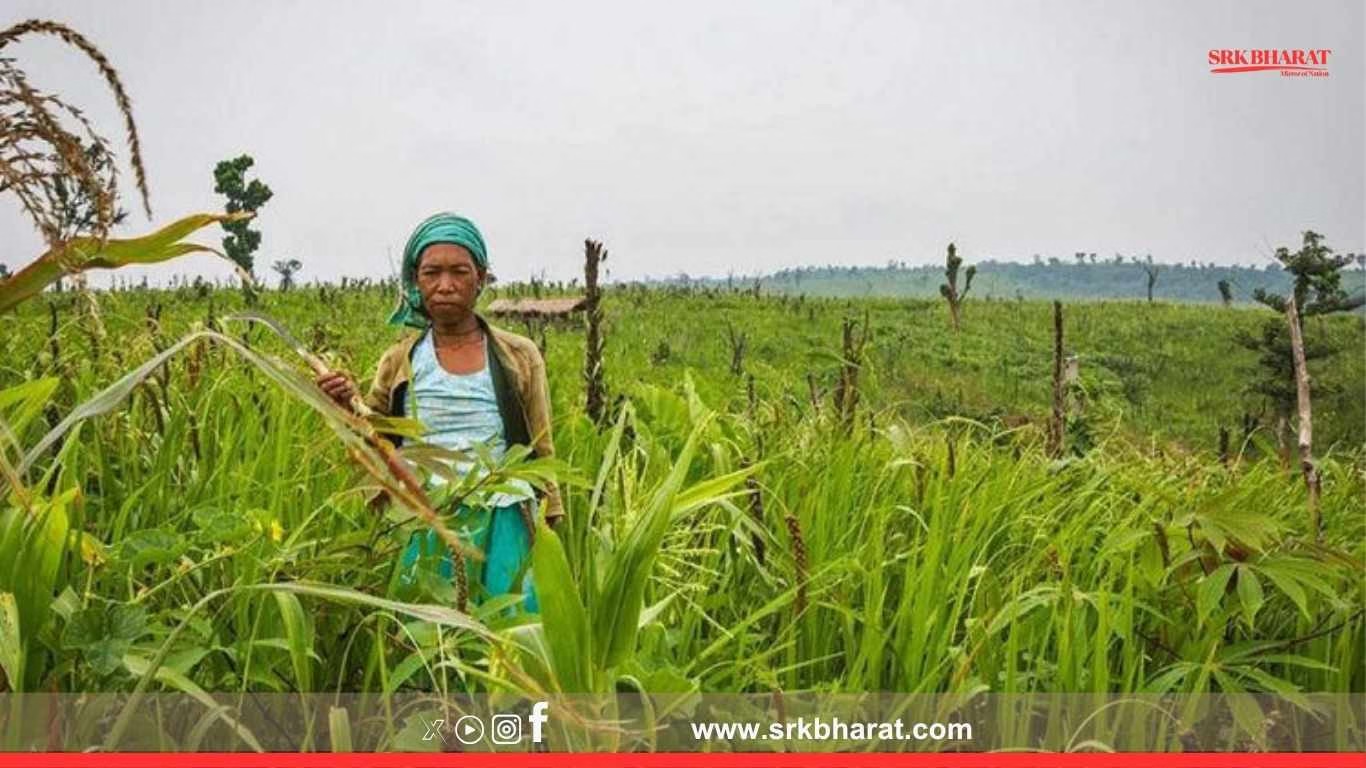In a strategic move towards sustainable development and circular economy, the Meghalaya government has signed 13 Memoranda of Understanding (MoUs) with private and institutional partners to convert agricultural and horticultural waste into rural wealth. The initiative, spearheaded under the Integrated Village Cooperative Societies (IVCS) framework and supported by the state’s Department of Agriculture and Farmers’ Welfare, aims to transform organic farm waste into bio-fertilisers, compost, biogas, and other eco-friendly products that can add value to rural livelihoods.
The MoUs were signed in the presence of Chief Minister Conrad K. Sangma and key stakeholders from agricultural enterprises, green technology firms, and cooperative federations. With Meghalaya being an agrarian state where over 80% of the population depends on farming, the move is expected to unlock new economic opportunities for thousands of rural households while addressing the issue of waste management sustainably.
A shift from waste to wealth
Speaking at the MoU signing ceremony, Chief Minister Conrad Sangma emphasized that Meghalaya is aiming to become a national leader in bio-based rural industries. “These MoUs are part of our larger effort to create a regenerative economy. We’re turning waste into wealth, making our farmers part of the green economy,” he said.
The project will promote the decentralised conversion of agri-waste into commercially viable products through farmer cooperatives and micro-enterprises. According to officials, the initiative will use both low-tech and high-tech solutions — from traditional composting pits to advanced anaerobic digestion systems — depending on the size, location, and scale of each cooperative.
MoUs signed: Key partners and focus areas
| Partner Entity | Focus Area | Districts Covered |
|---|---|---|
| North East BioTech Pvt Ltd | Bio-compost & vermicompost production | Ri Bhoi, West Garo Hills |
| EcoHarvest Industries | Agri-waste collection & biomass briquettes | East Khasi Hills, South West Khasi Hills |
| GreenGold Organic Systems | Biogas & slurry systems | East Garo Hills, North Garo Hills |
| Meghalaya Rural Livelihood Society | SHG capacity building for waste management | All districts |
| Meghalaya Basin Development Authority | Policy and planning support | Statewide |
| BioLoop India | Anaerobic digestion pilot plants | Jaintia Hills |
| Zeco Energies | Solar-powered composting tech | West Khasi Hills |
| TerraCare Agrotech | Mushroom cultivation from paddy straw | Ri Bhoi, Jaintia Hills |
| University of Agricultural Sciences | R&D and agronomic integration | Academic partnerships |
| Kisan Vikas Cooperative Network | Farmer cooperative training modules | 11 Districts |
| Farm2Fuel Technologies | Mobile waste-to-fertilizer units | Rural cluster blocks |
| Tech4Soil Labs | Soil carbon testing and advisory | Pilot in 6 blocks |
| BioHive Solutions | Start-up incubation for rural bio-enterprises | Shillong, Tura incubation hubs |
Rural employment and economic upliftment
The initiative is expected to create over 18,000 direct and indirect jobs across the state over the next 3 years, including roles in waste collection, compost unit operations, training, logistics, and product marketing. Additionally, Self-Help Groups (SHGs), Farmer Producer Organisations (FPOs), and Village Employment Councils (VECs) will be engaged to operationalise the units.
Experts estimate that Meghalaya generates over 1.3 million metric tonnes of farm waste annually — including crop residues, fruit and vegetable rejects, poultry litter, and forest biomass. Currently, most of this waste is either burned or left to rot, contributing to greenhouse gas emissions and land degradation. The new initiative seeks to create decentralized bio-economy zones that will repurpose these materials into revenue-generating goods.
Economic and environmental impact projection
| Impact Category | Expected Outcomes (by 2027) |
|---|---|
| Direct jobs created | 18,000+ |
| Farm waste processed annually | 7 lakh tonnes |
| Organic fertiliser output | 1.2 lakh tonnes |
| Reduction in GHG emissions | Approx. 0.35 million tonnes CO₂ equivalent |
| SHGs and FPOs empowered | 1,200+ groups |
| Rural entrepreneurship units | 400+ new micro-enterprises |
The Meghalaya Basin Development Authority (MBDA), a nodal implementing agency, has outlined a monitoring and audit mechanism to ensure transparency and accountability in execution. Geo-tagging of production units, e-invoicing, and blockchain-based traceability for products like compost and bio-fertilisers are also under consideration.
Policy alignment and funding
The initiative aligns with multiple central and state-level policy goals, including:
- GOBARdhan (Galvanizing Organic Bio-Agro Resources Dhan): Under the Swachh Bharat Mission for converting waste to wealth.
- State Organic Farming Policy 2023: Promoting natural and organic inputs in agriculture.
- National Mission on Sustainable Agriculture (NMSA): For enhancing climate resilience.
- Startup Meghalaya and Meghalaya State Entrepreneurship Promotion Strategy: Encouraging local innovation and rural incubation.
The funding model includes a mix of public investment (state government allocation of ₹120 crore), private capital through Public-Private Partnerships (PPPs), and support from national green funds. Start-ups and FPOs will also be eligible for soft loans and grant-in-aid under the Northeast Entrepreneurship Development Fund.
Voices from the ground
Farmers across the state have expressed optimism about the government’s initiative. “We used to burn paddy straw after harvest. Now, we’re being trained to turn it into compost that we can sell or use in our own fields,” said Dajied Marbaniang, a farmer from Nongpoh.
Women’s SHGs also see this as an opportunity for economic independence. “Earlier, agri-waste was just a burden. Now it’s a source of income,” said Bithika Sangma, a SHG leader from Tura.
Roadmap for next 24 months
| Phase | Activities Planned |
|---|---|
| Phase 1 (0–6 months) | Site selection, partner onboarding, SHG orientation |
| Phase 2 (6–12 months) | Unit setup, technology deployment, pilot production |
| Phase 3 (12–18 months) | Market linkage development, product certification |
| Phase 4 (18–24 months) | Scale-up, integration with district agri plans |
Conclusion: Meghalaya paves way for India’s rural bio-economy
With the signing of 13 MoUs aimed at turning agricultural waste into value-added products, Meghalaya has taken a bold step towards building a sustainable and regenerative rural economy. The initiative serves as a blueprint for other Northeastern states and beyond, showcasing how local innovation, cooperative participation, and green technology can work hand in hand to address waste management, boost income, and preserve the environment.
As the project unfolds over the next two years, its success will depend on continued community involvement, adequate funding, and robust governance. If implemented efficiently, Meghalaya may very well become a national model for circular rural development.
Disclaimer: This news article is intended for informational purposes only. It presents recent developments based on official announcements and stakeholder inputs. Readers are advised to follow government notifications for verified implementation updates and policy changes.












ranking seo ranking seo .
1x bet giri? https://1xbet-giris-1.com .